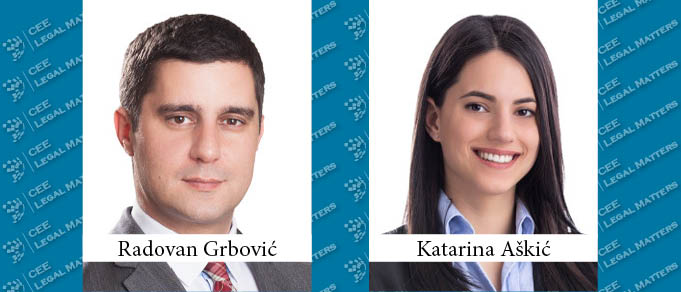Should software be protected as a work of authorship or a patent?
- Software as a work of authorship
The Law on Copyright and Related Rights (the “Law”) defines a work of authorship as following: a work of authorship is an original spiritual work of the author, expressed in a certain form, regardless of its artistic, scientific or other value, its purpose, size, content and manner of expression, as well as the permissibility of public communication of its contents.
Additionally, the Law defines that the work of authorship is considered to be especially computer programs (software) with accompanying technical and user documentation in any form of their expression. The base for this can be found in the fact that the software is written in a programming language and thus during its writing the author expressed a certain spiritual creation that possesses originality.
As one of the proofs of the authorship of the software, author can deposit software with the Intellectual Property Office. The deposit is advisable because it guarantees a greater degree of legal certainty for the author, and if necessary, the author can easily prove their rights in court or some other need related to the software. However, like any other works of authorship, when the software is created the copyright on the software arises.
- Software as a patent
The question of whether software can be patented is far more complex, bearing in mind that the Patent Law defines a patent as a right granted for an invention in any field of technology, which is (i) new, (ii) involves an inventive step and (iii) is susceptible of industrial application.
On the other hand, the Law defines that a computer program is not specifically considered as an invention. Thus, software is rarely protected as a patent i.e.in practice is most often protected as a work of authorship.
The issue arises on the problem of why the Patent Law does not consider a computer program as a patent? Basically, every computer program is a mathematical algorithm, and the Patent Law stipulates that mathematical methods are not considered inventions and therefore cannot be protected by a patent.
On the other hand, software can produce some kind of a technical effect that is industrially applicable. When it is protected by a patent, it is not actually the software itself that is protected but most often the device that the software runs on. In such case, software is a part of a system, it runs the system and because of the software, the device works in a new, different and more innovative way. Essentially, a patent indirectly protects software through the system that software belongs to.
Having in mind the above, as well as the fact that the patent registration requires a complex process of writing a patent application and paying higher fees, it is understandable why software authors generally chose copyright protection. Therefore, it remains for future and legal practice to show whether the current solution of software protection is good enough or the legislator will have to adjust the existing solution to some new challenges.
Legal Intern, Milan Popovic, contributed to this article.
This text is for informational purposes only and should not be considered legal advice. Should you require any additional information, feel free to contact us.
By Radovan Grbovic, Partner, and Katarina Askic, Junior Associate, Samardzic, Oreski & Grbovic

